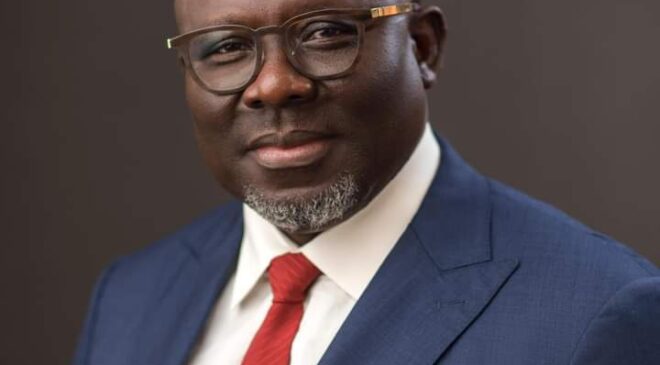
It is no coincidence that the Delta State Government swiftly called for what appears to be an emergency meeting with the leadership of the Nigeria Union of Journalists (NUJ), Delta State Council, just days after the Council released a scathing yet professional assessment of the Governor’s two-year media relations scorecard. The statement, which marked the second anniversary of the Oborevwori administration, pulled no punches, it praised developmental milestones under the MORE Agenda but questioned the administration’s consistent and glaring failure to engage the local media meaningfully.
The timing of this government-NUJ meeting raises pertinent questions about motive and sincerity. Coming barely a week after the state sponsored a carefully guided tour by the Nigerian Guild of Editors (NGE), a national media elite that, predictably, awarded high praise, the contrast between style and substance becomes painfully clear. While the NGE tour was a well-orchestrated PR affair, the NUJ’s statement was a grounded reflection of the mood among Delta-based journalists who actually follow the government day-to-day.
But here’s the truth the government must confront: meeting with the NUJ executive, mostly made up of government or federal staff, does not bridge the widening gap between the state and its most critical media stakeholders—community newspaper publishers and online media entrepreneurs. The real media constituency Governor Oborevwori must begin to engage are the field journalists, local publishers, and digital platforms that have become the backbone of modern journalism in Delta State.
Journalism, like politics, is local. And so is media management. The era of treating only national media organisations to state-sponsored tours while neglecting local publishers must end. The Association of Community Newspaper Publishers of Nigeria (ACNPN), who print and circulate within the grassroots, and the Delta Online Publishers Forum (DOPF), a powerful body of digital media entrepreneurs with statewide reach, remain critical to shaping public opinion and government perception in Delta State.
It is particularly disappointing that despite DOPF’s consistent support for the Oborevwori administration, including its early embrace of the Governor when he was first elected Speaker, the state government has failed to initiate any direct engagement with the Forum. That same body has constructively critiqued government policies, highlighted neglected infrastructure like the Eku-Abraka-Agbor corridor, and consistently provided coverage that supports the state’s development narrative. These are the genuine partners in progress—not just those who offer applause but those who tell the government where to improve.
The NUJ’s statement, while valid in its concerns, has been viewed by many stakeholders as a subtle act of political positioning. And the government, unfortunately, fell for it, rushing to pacify the NUJ while ignoring the broader media community that engages the public every day. Until the governor expands his media engagement strategy beyond a single umbrella body, he risks being seen as media-averse or worse, selectively open.
Money is not everything. Real partnership is built on mutual respect, access, and inclusiveness. If journalists and media owners who toil daily to inform the public are not seen as critical stakeholders by this administration, then the dividends of democracy being claimed will continue to ring hollow in the minds of the people.
As the constitution recognises the media as the Fourth Estate of the Realm, the governor must begin regular, structured, and inclusive press briefings, not just ceremonial events with pre-arranged narratives. The time to recalibrate is now.
No meaningful conversation with the media in Delta State can be considered complete without involving DOPF, ACNPN, and grassroots journalists. Anything less is optics. Anything less will not pass the test of time. At the end, the outcome of the meeting will still be sent to these neglected groups to publish.
